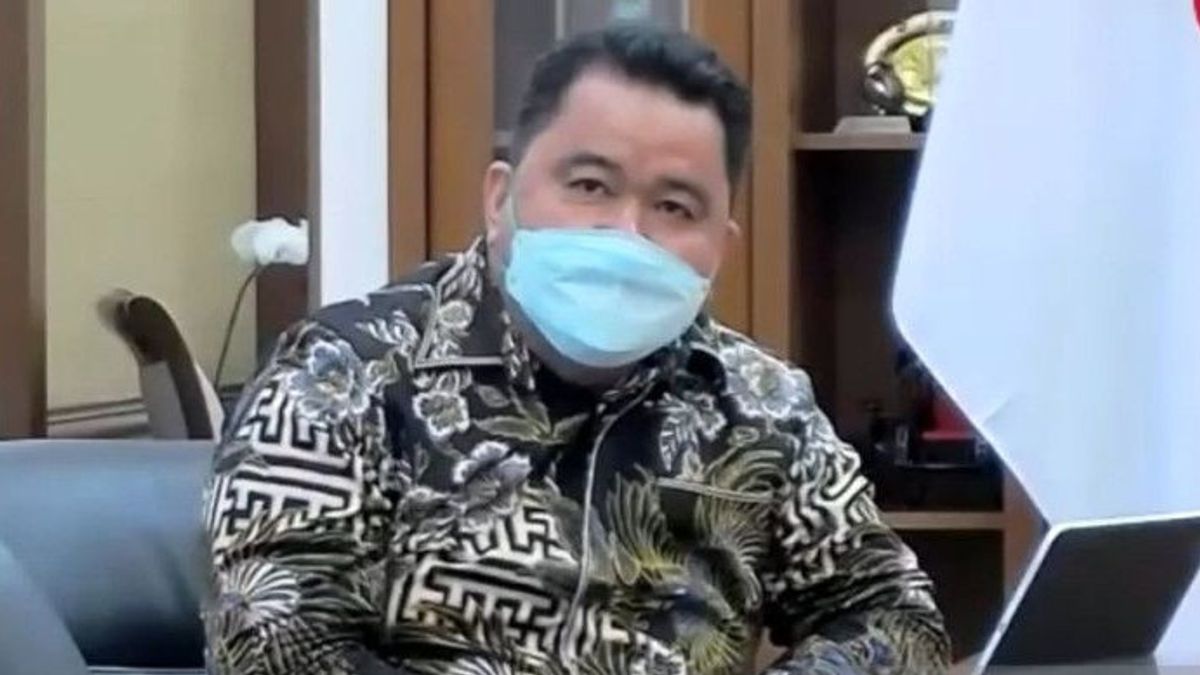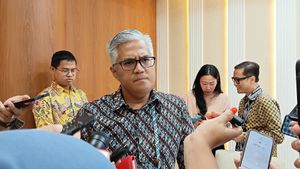JAKARTA - The Director General of Disease Prevention and Control of the Ministry of Health Maxi Rein Rondonuwu said the decline in national immunization coverage has the potential to trigger a double burden of handling the COVID-19 pandemic.
"If this lack of immunization coverage is not pursued, there will be an increase in cases which will become a double burden in the midst of a pandemic," said Maxi Rein Rondonuwu in a written statement quoted by Antara, Tuesday, June 28.
He said that over the past two years, complete basic immunization coverage for infants has fallen drastically. In 2020, the immunization coverage achieved was 84 percent of the 92 percent target. Meanwhile, the coverage in 2021 will reach 84 percent of the 93 percent target.
The situation of decreasing immunization coverage is caused by the COVID-19 pandemic. Currently, there are more than 1.7 million babies who have not received basic immunization during the 2019-2021 period.
Maxi said the impact of the decrease in coverage could be seen from the increasing number of cases of diseases that could be prevented by immunization (PD3I) and the occurrence of extraordinary events (KLB) such as measles, rubella and diphtheria in several areas.
Meanwhile, member of the Immunization Task Force of the Indonesian Pediatrician Association (IDAI) Prof. Soedjatmiko said every year there was a threat of rubella and diphtheria measles from 2007 to 2022. He said there were 25 provinces with an increase in rubella cases in 2021.
Data from the Ministry of Health also reported that there were 571 babies with cases of brain inflammation in 2012 to 2017. Symptoms that arise include fever, cough, runny nose, shortness of breath, and red spots.
"There were also cases of pneumonia or pneumonia from 2012 to 2017 with a total of 2,853 infants and children experiencing pneumonia due to measles," he said.
The government is trying to catch up with the imbalance in immunization coverage by holding the 2022 National Child Immunization Month (BIAN).
BIAN consists of two immunization service activities, namely additional immunization services in the form of giving one dose of measles and rubella immunization regardless of previous immunization status, and follow-up immunization services in the form of giving one or more types of immunization to complete basic and advanced immunization status for children who have not received doses. age-appropriate vaccines.
The English, Chinese, Japanese, Arabic, and French versions are automatically generated by the AI. So there may still be inaccuracies in translating, please always see Indonesian as our main language. (system supported by DigitalSiber.id)













